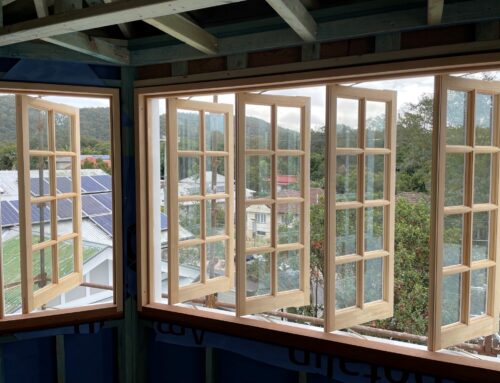In April, I presented a virtual paper to the Queensland Law Society on the WorkCover implications of the pandemic. At that time we had not had any inquiries related to actual or potential claims related to Covid-19 but I made some predictions on what WorkCover claims would be made.
We are now fielding inquiries and I thought an update was timely.
There are two types of WorkCover claims in Queensland:-
1. Statutory claims for compensation This is a no fault scheme meaning that a worker who sustains an injury in the course of their employment or travelling to or from their place of employment can claim their medical expenses and wages lost due to the injury.
2. Common law claims for damages If the injury occurred as a result of an unsafe system of work, a worker can also claim common law damages. A common law claim incorporates future losses as well as damages for pain and suffering.
In April, I foreshadowed that there would be few claims for either statutory compensation or common law damages arising from actual infection with Covid-19. This was, in part, because of the relatively low numbers of infections in Queensland even in the height of the pandemic. Perhaps more significantly, there are difficulties in establishing that infection occurred in the course of the worker’s employment. These difficulties would only increase if infection numbers went up.

Instead, I anticipated an increase in the number of workplace stress claims. Our inquiries would indicate that my prediction was correct.
Unlike claims for damages for physical injuries, stress claims have an additional burden for workers to establish. There is no compensation under the Workers Compensation and Rehabilitation Act 2003 for workers who sustain a psychiatric injury arising from “reasonable management action”.
It is important to understand that a worker is not precluded from obtaining statutory compensation simply because the employer responds reasonably to a situation. For example, the major supermarkets have signs advising that aggressive and violent behaviour will not be tolerated. This is a reasonable response to a threat to the mental health of staff but, if a staff member suffered a psychiatric injury as a result of bullying by a customer, the reasonable response by the employer would not deny the staff member a right to claim statutory benefits. The psychiatric injury would have arisen from the bullying and not from the employer’s response to the bullying.
What is less clear is what constitutes “reasonable management action” during a pandemic?
There are not currently any reported decisions of the Queensland Industrial Relations Commission considering this issue. The Queensland workers compensation scheme, which did not include the “reasonable management action” exclusion at the time, was only 2 years old during the last global pandemic.
We do know that the QIRC has concluded that management action need only be “reasonable” and it does not need to be “perfect”. Employers who make reasonable attempts to ensure their workplaces comply with the rules, recommendations and guidelines from the Chief Health Officer will almost certainly be engaging in “reasonable management action”. Even though requiring workers to comply with these new rules will undoubtedly cause stress for workers, they will probably be precluded from accessing WorkCover benefits for any psychiatric injuries arising from the employer’s efforts even if the employer may overstep the mark.
For example, we have fielded inquiries from workers who feel their employers are making workplaces more stressful than necessary in limiting the number of people in specific parts of the workplace when the numbers do not exceed those recommended for gatherings. With social isolation and low morale, workers are feeling the need to communicate with their colleagues in person more than ever. However, I am not confident that the QIRC would find additional separation of workers unreasonable. If the employer can operate its business effectively with workers more distanced from each other than is strictly required, that would almost certainly be regarded as reasonable in the current conditions.
Similarly, although wearing masks is not compulsory in Queensland yet, they are recommended in certain situations. Employers who insist on their workers wearing masks in circumstances where masks are not strictly required are probably also engaging in reasonable management action unless the worker has a medical reason why wearing a mask is inadvisable.
One issue which is unfortunately emerging is employers requesting, suggesting or even requiring workers to breach legal restrictions such as the border conditions. Knowingly requiring workers to break the law is certainly unreasonable management action. Even suggesting or requesting a breach of the law is probably unreasonable management action as workers can feel duress from their employers although it would obviously turn on the individual facts. With the rules changing so frequently, an employer may ask a worker to take an action in one week which is unlawful in the next.
We are living through unprecedented times. The one thing that is certain is the need for workers and employers to be mindful of each others position. The mental and physical health of everyone has never been so dependent on our collective actions.


![Medical Records and Claims for Personal Injuries – Maher v Russell [2022] ACTSC 297](https://karelawyers.com.au/wp-content/uploads/2023/02/files.jpg)



